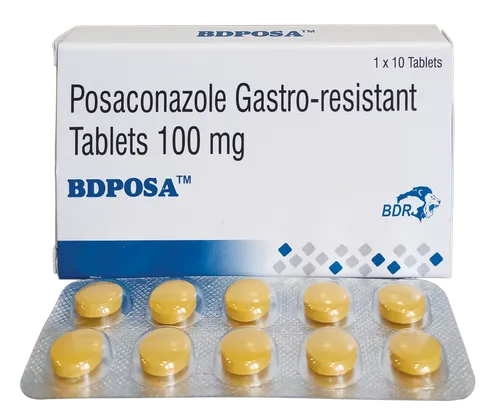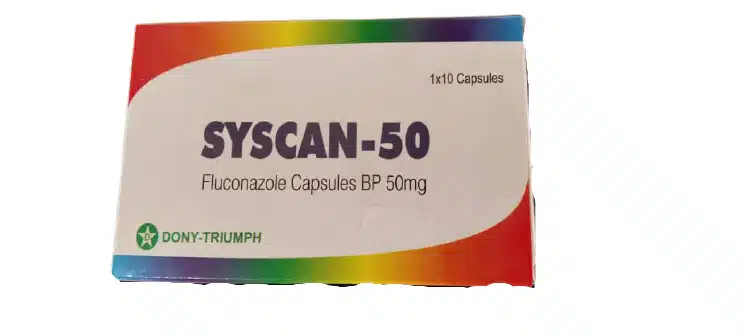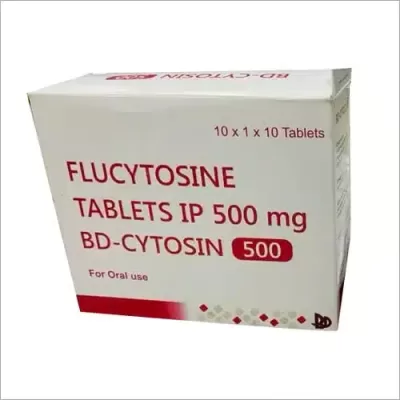POSACONAZOLE (BDPOSA) 100MG Tablet
$600.00
Pomalidomide (BDPOMA) 1/2/4mg Tablet represents a significant therapeutic advance in the management of relapsed or refractory multiple myeloma, offering targeted therapy that can improve outcomes and quality of life for patients facing this challenging disease. With careful monitoring, patient education, and access to treatment,
Description
Pomalidomide (BDPOMA) 1/2/4mg Tablet emerges as a potent therapeutic option in the battle against multiple myeloma, a challenging hematologic malignancy characterized by abnormal plasma cell proliferation within the bone marrow. This oral medication represents a significant advancement in the treatment landscape, offering renewed hope and improved outcomes for patients grappling with relapsed or refractory disease.
Key Features :
Targeted Therapy: Pomalidomide is a member of the immunomodulatory drug (IMiD) class and exerts its anti-myeloma effects through multiple mechanisms, including immune modulation and direct anti-tumor activity. It acts by inhibiting the growth of myeloma cells and enhancing immune responses against the disease.
Multiple Strengths: Available in tablet form with strengths of 1mg, 2mg, and 4mg, Pomalidomide allows for precise dosing tailored to individual patient needs and treatment plans, facilitating personalized approaches to therapy.
Treatment of Multiple Myeloma: Pomalidomide is indicated for the treatment of patients with relapsed or refractory multiple myeloma who have received at least two prior therapies, including lenalidomide and a proteasome inhibitor, and have demonstrated disease progression on or within 60 days of completion of the last therapy.
Oral Administration: Administered orally once daily, Pomalidomide is typically taken on an empty stomach to maximize absorption. Patients should adhere to the prescribed dosing schedule and follow healthcare provider instructions meticulously.
Efficacy: Pomalidomide has demonstrated efficacy in clinical trials, showing improvements in progression-free survival and overall survival in patients with relapsed or refractory multiple myeloma, particularly when used in combination with other anti-myeloma agents.
Side Effects: Common side effects of Pomalidomide may include hematologic toxicity (such as neutropenia and thrombocytopenia), fatigue, infections, gastrointestinal disturbances, and peripheral neuropathy. Patients should be closely monitored for adverse reactions, and dose adjustments may be necessary.
Patient Education: Patients should receive comprehensive counseling on proper medication administration, potential side effects, and the importance of adherence to treatment. They should also be educated on the need for regular monitoring and reporting of any concerning symptoms to their healthcare provider.
Consultation with Healthcare Provider: Treatment with Pomalidomide should be initiated and monitored by a qualified oncologist or hematologist experienced in the management of multiple myeloma. Close collaboration between the patient and healthcare provider is essential throughout the treatment journey.
Access and Affordability: Efforts should be made to ensure access to Pomalidomide for eligible patients, including exploring financial assistance programs and insurance coverage options to mitigate the financial burden of treatment.
In conclusion, Pomalidomide (BDPOMA) 1/2/4mg Tablet represents a significant therapeutic advance in the management of relapsed or refractory multiple myeloma, offering targeted therapy that can improve outcomes and quality of life for patients facing this challenging disease. With careful monitoring, patient education, and access to treatment, Pomalidomide holds promise in reshaping the landscape of multiple myeloma care and providing hope for those affected by this condition.
Only logged in customers who have purchased this product may leave a review.






Reviews
There are no reviews yet.